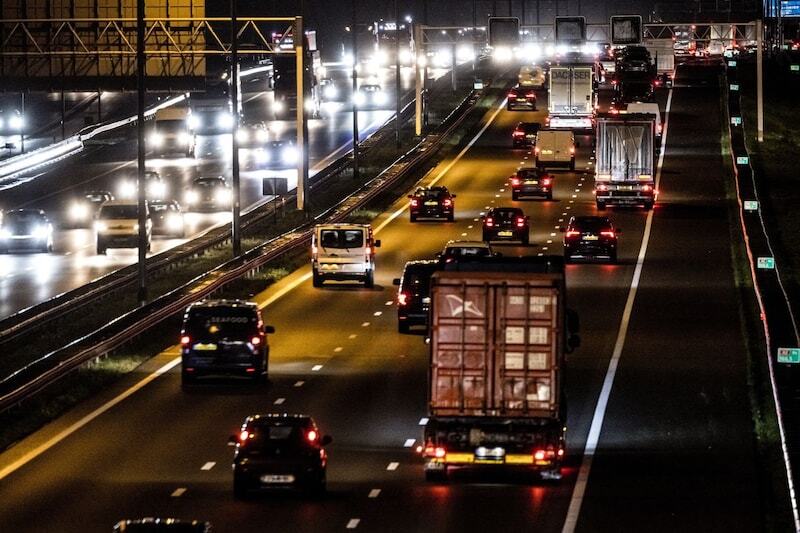European Commission under pressure
The European Commission is encountering more resistance from various quarters because of the planned sales ban on new fuel cars as of 2035. In addition to the ACEA, Germany and Italy are now also protesting against it (again).
The planned sales ban on new passenger cars with fuel engines has been under fire for years, but calls for reform of the plans have become louder again recently. There are warning sounds from the car industry and governments; according to some, the consequences for the industry and therefore the economy would be incalculable.
The ACEA argues in a new letter to the European Commission that 25 percent of new cars should now have been fully electric to be on track for the target, but it is only 16 percent. According to the trade association for car manufacturers, the 2035 deadline would also be ‘very rigid’. The ACEA wants the European Commission to look at ways to accommodate manufacturers. For example, the ACEA wants CO2-neutral fuels to be accepted as an alternative, that there will be lower penalties if manufacturers do not meet targets and that CO2 ‘credit’ will be given as a reward for lower-CO2 production of cars.
The ACEA is not alone in new calls to the European Commission. Two Member States are also taking action. Not entirely surprising, these are Germany and Italy, two countries with a major interest in a healthy European car industry. In a joint letter, they call for the legislation to be revised to prevent ‘disproportionate penalties’ and that CO2 reduction should be looked at more broadly, including, for example, the use of biofuels and not just synthetic fuels. The two member states also call on the EC to stimulate an accelerated rollout of charging infrastructure and hydrogen stations and to look not only at fully but also partly electric cars for the future.
European Commission under Pressure

The European Commission is facing increasing resistance from various quarters regarding the planned ban on the sale of new combustion engine cars by 2035. In addition to the ACEA, Germany and Italy are also (again) opposing it.
The planned ban on the sale of new passenger cars with combustion engines has been under fire for years, but the call for reform of the plans has become louder recently. Warning sounds are being heard from the automotive industry and governments, with some saying that the consequences for the industry and thus the economy would be incalculable.
The ACEA responded in a new letter to the European Commission that 25 percent of new cars should now be fully electric to be on track for the target, but it is only 16 percent. The 2035 deadline would also be ‘very rigid’ for car manufacturers, according to the industry association, and the ACEA wants the European Commission to look at ways to accommodate the manufacturers. For example, the ACEA wants CO2-neutral fuels to be accepted as an alternative, that lower penalties be imposed if manufacturers do not meet targets, and that CO2 ‘credit’ be given as a reward for lower CO2 production of cars.
The ACEA is not alone in new calls to the European Commission. Two member states are also stirring. Not surprisingly, these are Germany and Italy, two countries with a major interest in a healthy European automotive industry. In a joint letter, they call for the legislation to be revised to prevent ‘disproportionate penalties’ and that CO2 reduction should be viewed more broadly, for example with the use of biofuels and not only with synthetic fuels. The two member states also call on the EC to stimulate an accelerated rollout of charging infrastructure and hydrogen stations and not only to look at fully but also partially electric cars for the future.